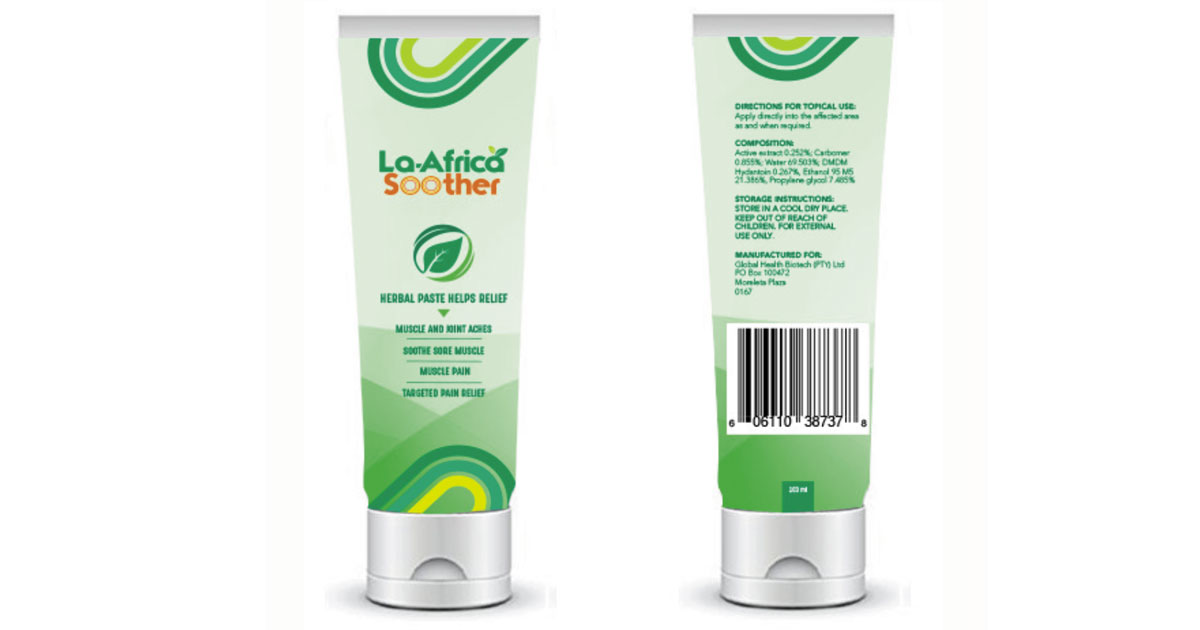By Catherine Jewell and Ella Marie Thomson, Information and Digital Outreach Division, WIPO
CDK is an emerging sustainable fashion line that gives a modern interpretation to traditional Bhutanese designs. The company creates contemporary silhouettes using handloom fabrics with Bhutanese motifs and textiles. Working exclusively with Bhutanese female weavers, CDK is a proud supporter of women's empowerment and a committed promoter of Bhutan’s weaving culture.
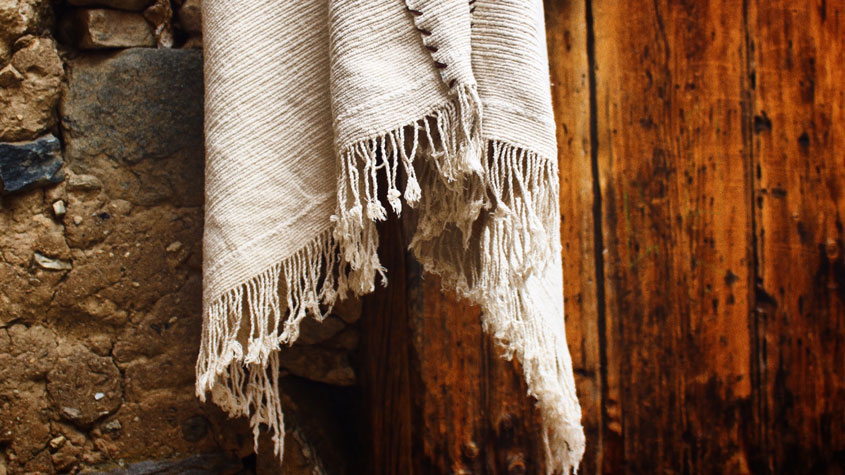
For CDK’s owner, Chandrika Tamang, designing clothes started as a sideline activity during her school days. It never occurred to her that design would someday become an integral part of her life, or that her hobby-turned-passion would become her profession.
“Before getting into the industry in Bhutan, I was a banker,” says Ms. Tamang. “After graduation, I was looking for a secure job and ended up in the banking sector, but spent my free time ripping clothes and stitching them back together. It took me about six years to realize that design was my calling."
It’s no longer enough to reduce our impact on the planet. Our aim is to leave the environment and communities we touch better off through our conscious actions.
Chandrika Tamang, founder of CDK
After training in Basic Apparel and Tailoring in India, Ms. Tamang's thirst for creativity led her to start designing and making clothes from home. “I would learn about designing for hours from the Internet," she notes. "It soon dawned on me that I could set up a business that could help fill a void in the Bhutanese fashion industry, create local employment and help promote and preserve Bhutanese textiles. I went with my gut feeling and decided to take up designing full-time in 2016. That's when I set up CDK.”
Since then, the designer has gone on to win many awards. In 2017, she won the National Woman Entrepreneur of the Year award, from the Department of Cottage and Small Industry (DCSI) under the Ministry of Economic Affairs. Ms. Tamang has also represented Bhutan in many international fashion shows and policy fora.
Sustainability is a priority
Ensuring that CDK is an ethical fashion label that supports women's empowerment and sustainability goals is a priority. "I want to make changes in my own small way. It's important to me that I don't forget my roots. I love working with different artisans and to give value to local products,” Ms. Tamang explains.
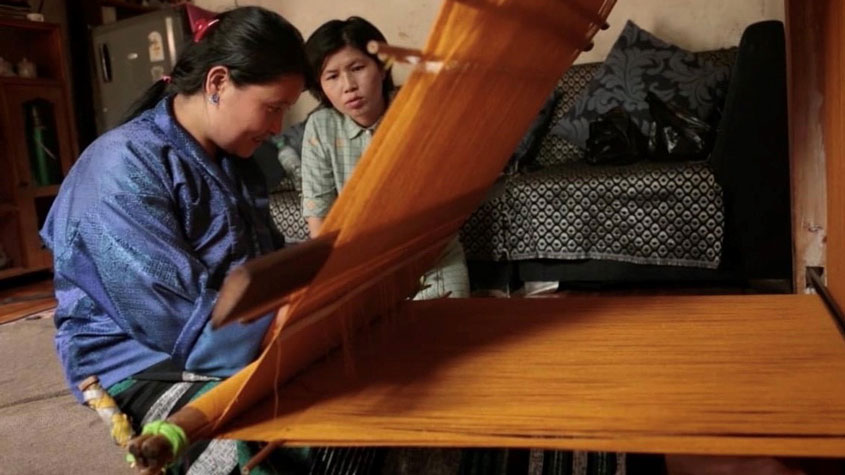
In line with CDK's motto "quality over quantity," the company uses ethically sourced, high-quality, biodegradable raw materials and natural dyes and works to minimize waste, for example, by ensuring that off-cuts are made into accessories or decorative items. As a textile brand, the company is keenly aware of its impact on people and the planet. "My dream is for the fashion industry, at least in Bhutan, to go green," she notes. "As CDK's brand develops, we plan to use certified, Bhutan-sourced, organic raw materials, like cotton."
A holistic approach to business
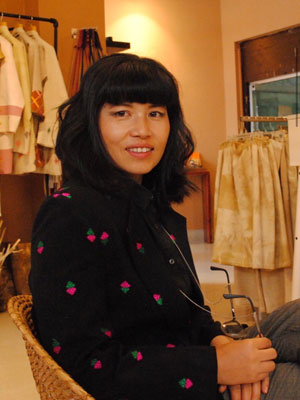
committed to adopting a multifaceted, holistic approach
to every aspect of its work, from the lifecycle of its
products to the way it works with local weavers.
(Photo: Courtesy of CDK)
Community is at the heart of CDK’s business. Convinced that collaboration is the best path forward, the company is working closely with its customers, suppliers and makers. "We are deeply committed to the communities, artisans, weavers and seamstresses we work with. Together, we hope to create long-lasting and low-impact products to be cherished both today and tomorrow, keeping in mind that no person (or animal) is harmed as we make our pieces," the designer says.
“We are committed to adopting a multifaceted, holistic approach to the way we operate the business, from the way we manage the lifecycle of the products we develop and the materials we use, to the way we work with local artisans.”
We are deeply committed to the communities, artisans, weavers and seamstresses we work with. Together, we hope to create long-lasting and low-impact products to be cherished both today and tomorrow, keeping in mind that no person (or animal) is harmed as we make our pieces.
Chandrika Tamang, founder of CDK
Not content to simply reduce its carbon footprint, CDK is taking its commitment to sustainability to the next level. “It’s no longer enough to reduce our impact on the planet. Our aim is to leave the environment and communities we touch better off through our conscious actions," Ms. Tamang explains.
"We have set out a roadmap to track our impact. Our aim is to enrich and educate, and to collaborate with the communities we work with to cherish the materials we use and minimize waste. By weaving only the amount of fabric needed we are also working towards the zero-waste design concept. Handspun, handwoven and hand-stitching methods reduce the electricity used and also allow each artisan to add their own individual touch, and their love and affection to the product,” Ms Tamang notes.
From 2022, CDK will publish its Social Conscience Report every two years. The report will include detailed updates on progress with its sustainable actions.
Building brand recognition

in Bhutan and now has its sights set on the
international market. (Photo: Courtesy of CDK)
Recognizing the importance of building brand recognition, customer confidence and loyalty, in 2018, CDK registered its first trademark. In 2019, the company was among the winners of the Annual National Trademark Award from the Department of Intellectual Property of Bhutan for its achievements.
“We are using the trademark to promote our branded products, including on social media. Today, our brand is recognized as a mark of quality design by our customers and among the business circles of Bhutan. Our recent audience with our King and Queen further boosted our reputation in the market,” says Ms. Tamang.
CDK is now planning to diversify its range by opening a "slow" luxury clothing brand from Bhutan. The new line reflects a high-value/low-volume ethos that emphasizes quality over quantity. This move is fully aligned with the company’s goal to increase sustainability by empowering home-based weavers to preserve and promote the culture of weaving, reducing waste whenever possible.
My dream is for the fashion industry, at least in Bhutan, to go green.
Chandrika Tamang, founder of CDK
Copycats try to spoil the party
While CDK is enjoying commercial success, it has also had its share of challenges, especially in terms of infringement of its original designs. "IP is new to the business community in Bhutan, and there are many cases of IP infringement in the textile sector," Ms. Tamang reveals. "During the pandemic, we launched our hand-woven raw-silk tego (national dress), one of our original designs. Now you can see copies of it everywhere. It’s really disheartening, because this sort of activity discourages creative people from coming up with new ideas. It's also expensive to register IP rights for each product when you are a small and new business."
Like many other small businesses, the pandemic has also taken its toll on CDK, which has had to reduce its workforce. Today, it employs just four permanent staff and eight home-based weavers, whereas before the health crisis it had 11 permanent staff and 40-plus home-based weavers. Undeterred by these setbacks, CDK has set its sights on the international market and is planning to expand the number of home-based tailors it works with.
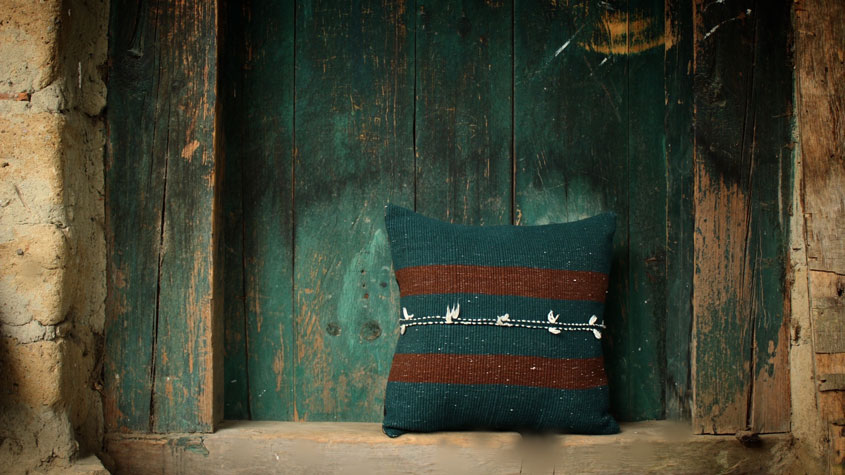
CDK is gaining increasing popularity in Bhutan, thanks to the hard work and determination of Ms. Tamang and her team. The company's innovative design concepts, forward-thinking IP strategy and holistic approach are what make it one of Bhutan’s most exciting upcoming SMEs.
